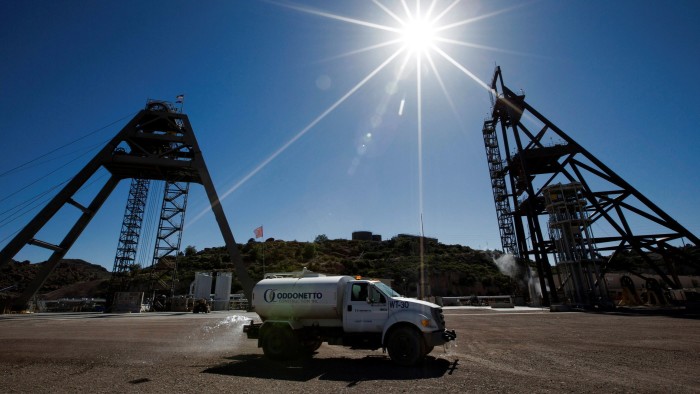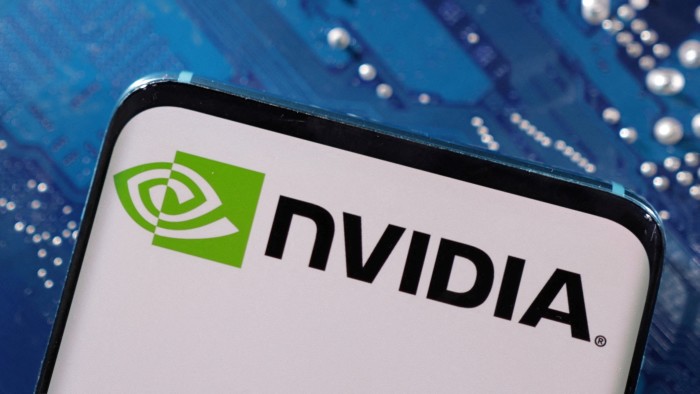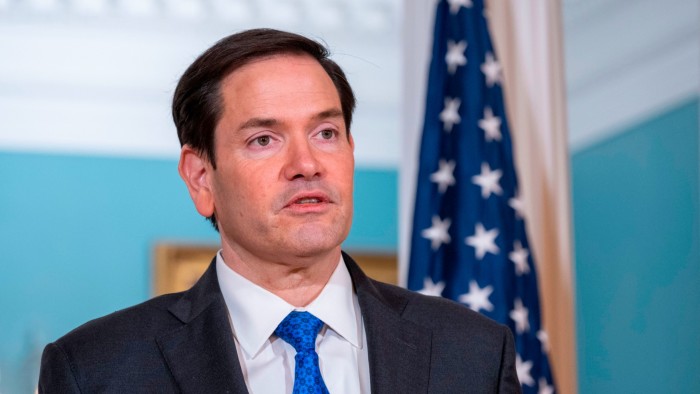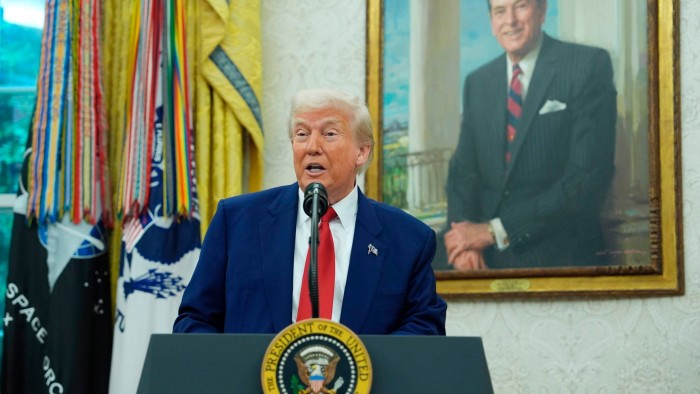US Supreme Court clears way for Rio Tinto’s Resolution copper mine

Unlock the White House Watch newsletter for free
Your guide to what Trump’s second term means for Washington, business and the world
The US Supreme Court has cleared the way for Rio Tinto’s huge new copper mine in Arizona, rejecting an appeal from Native American groups who argued that the project would destroy sacred land.
The decision is a big win for the mining major and Washington’s push to develop a domestic metals industry. The Resolution Copper project, jointly owned with BHP, would be one of the largest copper mines in the world and would meet a quarter of US copper needs once fully developed.
On Tuesday, the Supreme Court rejected an appeal by a coalition of Apaches and other Native peoples who objected to the mine because they hold sacred the federal land where it will be built. Justice Neil Gorsuch dissented and was joined by Justice Clarence Thomas.
The ruling comes as the Trump administration works to break American dependency on China for a host of the critical minerals crucial to a range of sectors from defence to technology and electricity.
The administration has moved to accelerate the permitting system for certain mining projects, including Resolution, to incentivise the growth of domestic metallurgy and battery industries. It has also sought to broker deals with resource-rich territories, such as the Democratic Republic of Congo and Greenland.
Vicky Peacey, president of Resolution Copper, welcomed the decision.
“The Resolution Copper mine is vital to securing America’s energy future, infrastructure needs, and national defence with a domestic supply of copper and other critical minerals,” she said.
The decision not to hear the Apaches’ appeal was a “grave mistake”, Gorsuch wrote. “Before allowing the government to destroy the Apaches’ sacred site, this Court should at least have troubled itself to hear their case.”
The Apaches originally brought a lawsuit in 2021 alleging the project would violate Religious Freedom Restoration Act of 1993, which protects religious freedom.
“We will never stop fighting — nothing will deter us from protecting Oak Flat from destruction,” said Wendsler Nosie, founder of Apache Stronghold, the non-profit that sued on behalf of the Apaches and other groups. “While this decision is a heavy blow, our struggle is far from over. We urge Congress to take decisive action to stop this injustice while we press forward in the courts.”
The White House did not immediately respond to a request for comment.
The Resolution mine first submitted a mining plan to the US Forest Service in 2013. It would be the biggest copper mine in North America once fully developed.
Copper is a widely used red metal that is essential in construction, wiring and the data centres run by technology companies. Big mining companies have been racing to secure supplies on the expectation that demand for the metal will greatly outstrip supply in the next decade.
The Supreme Court’s decision will clear the way for a land transfer, in which Resolution will swap eight parcels of land in Arizona for the national forest land, owned by the federal government, where the mine will be built.
Although the copper mine will be deep underground, the mining process will create a large crater on the surface above because of subsidence, destroying the land at the Apache’s sacred Oak Flat site.
Once the federal land transfer has taken place — which could be as soon as next month — Rio Tinto will conduct additional geological studies ahead of taking a final investment decision for the project.
Analysts expect the mine will take five to 10 years to reach production.
“Even if the path runs smooth on permitting from here, we would not expect first copper production until early 2030s,” said Ben Davis, head of European metals and mining research at RBC Capital Markets.





